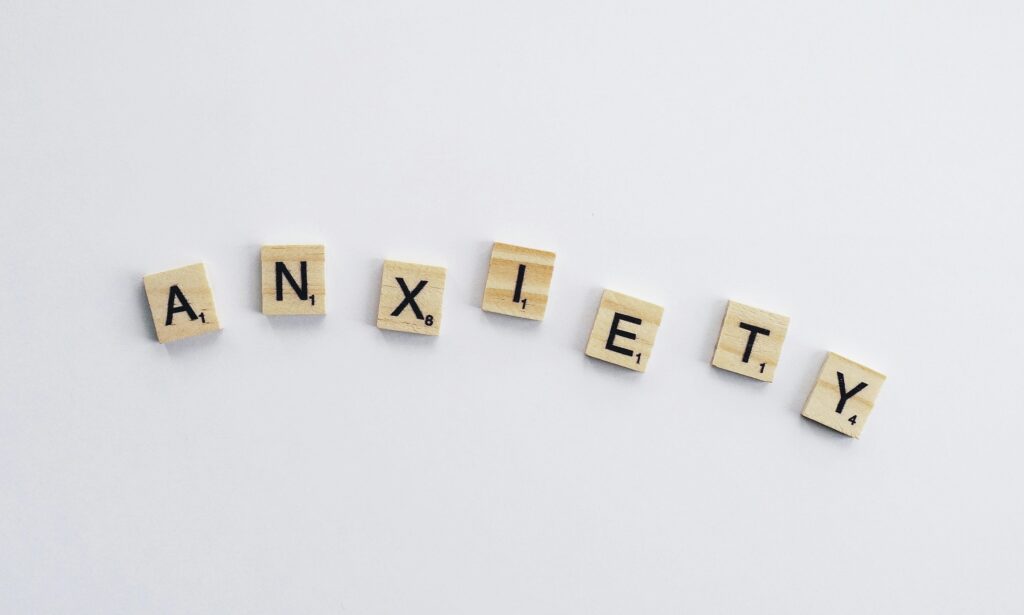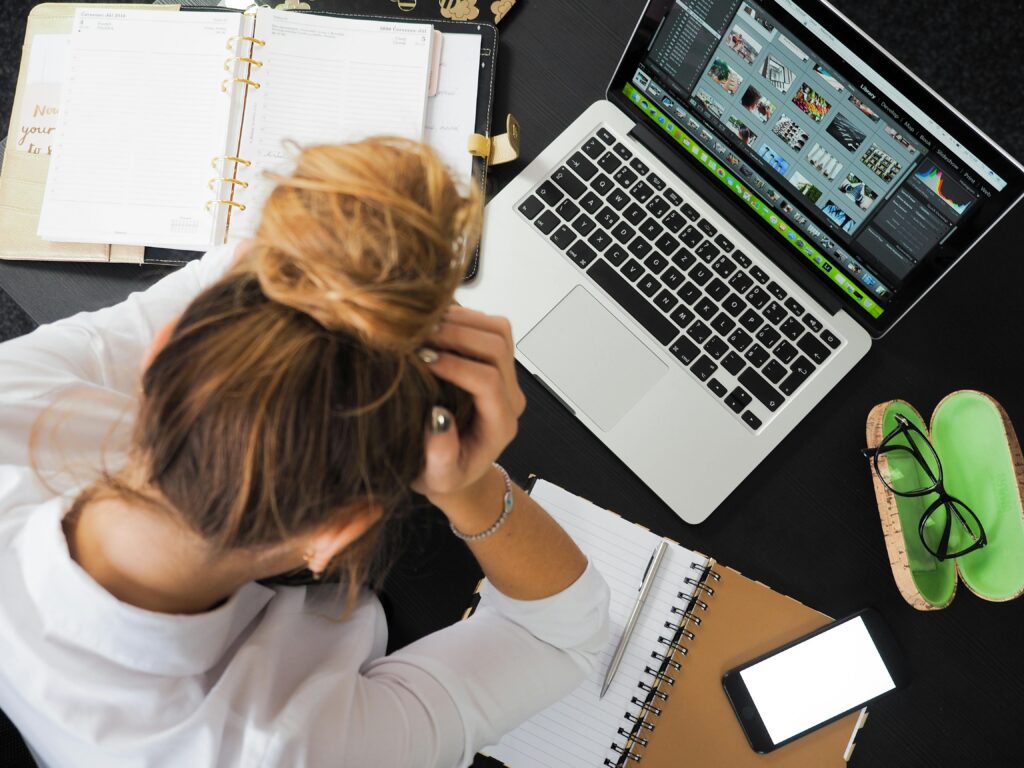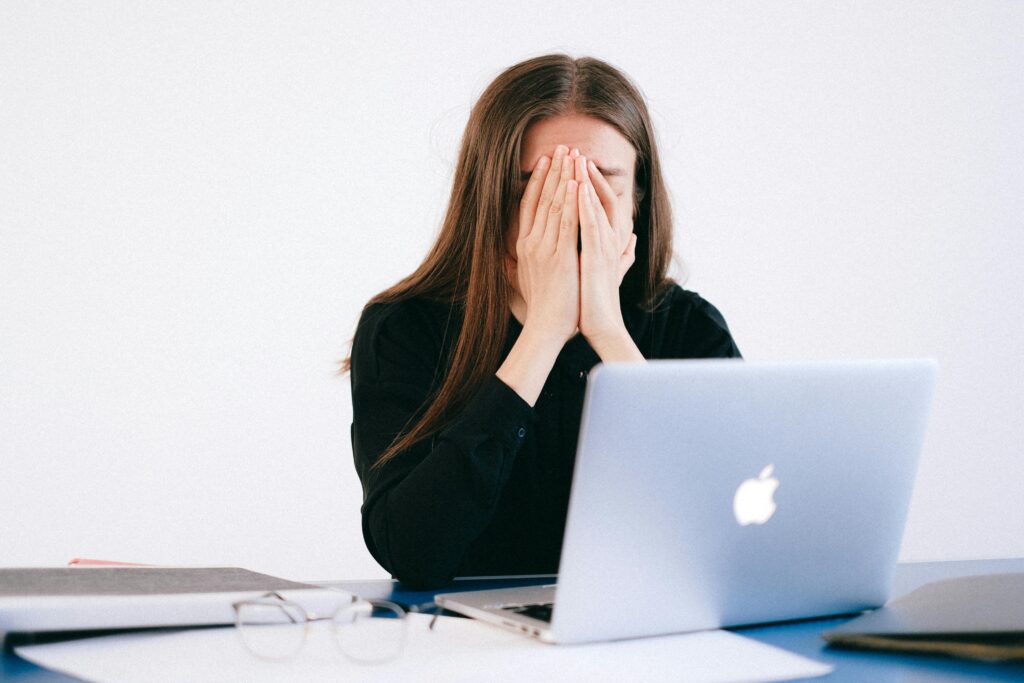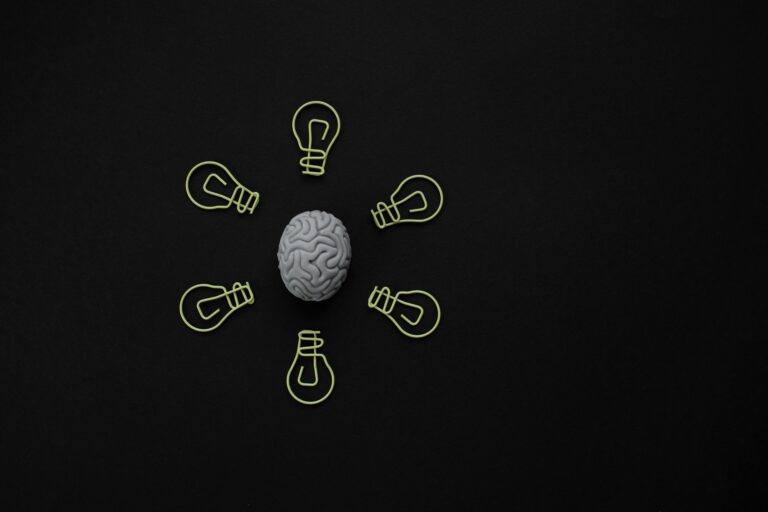Anxiety is a common emotion that affects millions of people worldwide. It is a natural response to stress or uncertain situations, but when anxiety becomes overwhelming, it can interfere with daily life.
Learning effective coping skills for anxiety is essential to regain control and maintain emotional well-being. These skills can help you manage anxious thoughts, reduce stress, and improve your quality of life.
In this blog, we will explore what anxiety is, its symptoms, and the importance of using coping skills for anxiety to manage it.
We’ll also highlight 7 coping skills for anxiety that can be easily incorporated into your daily routine. With the right tools and mindset, you can take meaningful steps to navigate anxiety and build resilience.
What Is Anxiety?

Anxiety is your body’s natural response to stress or danger, often referred to as the “fight or flight” response. It is a feeling of fear or apprehension about what’s to come, such as an exam, a job interview, or an important life event. While anxiety is a normal reaction, it can become problematic when it persists or occurs without a clear trigger.
There are various types of anxiety disorders, including generalized anxiety disorder (GAD), social anxiety, and panic disorder. Each type has unique characteristics, but they all share common symptoms such as excessive worry, restlessness, and physical signs like a racing heart or sweating.
Anxiety can also manifest as avoidance behaviors, where individuals steer clear of situations that make them feel anxious. Left unmanaged, it can lead to significant disruptions in work, relationships, and overall well-being.
This is why adopting effective coping skills for anxiety is crucial. These skills empower you to address the underlying causes of your anxiety and regain a sense of balance. By understanding your triggers and learning to manage your responses, you can prevent anxiety from taking control of your life.
Read More
How to Develop Leadership Skills
5 Traits of a Good Manager
7 Coping Skills for Anxiety

Dealing with anxiety can feel overwhelming, but having effective coping skills can make a significant difference. By practicing these skills regularly, individuals can gain better control over their emotions and reduce stress. Here are seven proven coping skills for anxiety to help you manage it effectively.
Deep Breathing Techniques
Deep breathing is a simple yet powerful way to combat anxiety. When anxiety strikes, your breathing often becomes shallow and rapid, which can exacerbate the feeling of panic. Practicing controlled breathing helps calm your nervous system and promotes relaxation.
One effective method is the 4-7-8 breathing technique. Begin by inhaling through your nose for four seconds, hold your breath for seven seconds, and then exhale through your mouth for eight seconds.
Repeat this cycle for several minutes to feel more relaxed. Deep breathing not only reduces anxiety but also improves focus and clarity, making it an essential skill for managing stressful situations.
Mindfulness and Meditation
Mindfulness is the practice of focusing on the present moment without judgment. It is one of the most effective coping skills for anxiety, as it helps individuals detach from intrusive thoughts and worries about the future.
Meditation, a key aspect of mindfulness, involves sitting quietly, focusing on your breath, and gently bringing your attention back to the present whenever your mind wanders. Guided meditations and apps like Calm or Headspace can make it easier for beginners to start. Even just five to ten minutes of mindfulness practice each day can significantly reduce anxiety symptoms over time.
Incorporating mindfulness into your daily routine can help you create a mental buffer against stress, promoting a sense of calm and resilience.
Physical Exercise
Physical activity is not only beneficial for your body but also for your mind. Regular exercise is a powerful coping skill for anxiety, as it reduces stress hormones like cortisol and releases endorphins, which are natural mood elevators.
You don’t need to engage in intense workouts to see the benefits. Simple activities like walking, yoga, or cycling can help ease anxiety. For instance, yoga combines physical movement with controlled breathing and mindfulness, making it particularly effective for reducing stress.
By incorporating exercise into your routine, you create an outlet for pent-up energy and tension, helping you feel more grounded and focused throughout the day.
Cognitive Restructuring
Anxiety often stems from negative thought patterns, such as catastrophizing or assuming the worst in every situation. Cognitive restructuring is a technique that helps identify and challenge these unhelpful thoughts, replacing them with more balanced and realistic ones.
Start by writing down your anxious thoughts and examining the evidence for and against them. Ask yourself, “Is this thought based on facts, or is it a fear-driven assumption?” For example, if you’re worried about failing an exam, consider past instances where you performed well despite feeling anxious.
Reframing these thoughts can reduce the intensity of your anxiety and help you approach challenges with a clearer perspective. This coping skill for anxiety is particularly useful in managing both daily stressors and long-term worries.
Time Management and Prioritization
Feeling overwhelmed by a long to-do list or tight deadlines is a common source of anxiety. Effective time management is a critical coping skill for anxiety, as it helps you stay organized and maintain control over your tasks.
Start by creating a realistic schedule that breaks large tasks into smaller, manageable steps. Prioritize your responsibilities using methods like the Eisenhower Matrix, which categorizes tasks by urgency and importance. By focusing on one thing at a time, you can prevent the buildup of stress and feel more accomplished at the end of the day.
Good time management reduces the pressure of last-minute rushes and helps you maintain a balanced approach to work and personal life.
Social Support and Communication
Anxiety can make you feel isolated, but reaching out to others is one of the most effective coping skills for anxiety. Talking to a trusted friend, family member, or counselor can help you process your feelings and gain perspective on your worries.
Sometimes, just verbalizing your thoughts can reduce their intensity. If you don’t feel comfortable opening up to someone close, consider joining a support group or seeking professional therapy. Group settings allow you to connect with people who understand what you’re going through, creating a sense of community and shared experience.
Strong social support systems are essential for managing anxiety and building emotional resilience.
Relaxation Techniques
Relaxation techniques are crucial for calming the mind and body during moments of high stress. Progressive muscle relaxation (PMR) is a practical method where you tense and release different muscle groups, helping you become more aware of physical tension and how to let it go.
Engaging in hobbies, such as painting, gardening, or listening to music, can also be therapeutic. These activities provide a break from anxious thoughts and allow you to focus on something enjoyable.
Incorporating self-care practices, like taking warm baths or reading, into your routine is another effective way to manage anxiety. Regularly engaging in relaxation techniques ensures that you have a go-to strategy when stress becomes overwhelming.
When to Seek Professional Help

While coping skills for anxiety are highly effective in managing mild to moderate symptoms, there are times when professional help is necessary. If you find that your anxiety persists despite trying various coping techniques, or if it significantly impacts your daily life, it may be time to consult a mental health professional.
Some signs that indicate the need for professional help include:
- Experiencing frequent panic attacks.
- Feeling unable to control your worry, even with coping techniques.
- Avoiding important activities or responsibilities due to anxiety.
- Having difficulty sleeping or eating because of anxious thoughts.
Therapists and counselors can provide tailored treatments, such as cognitive-behavioral therapy (CBT), to help you identify and challenge negative thought patterns. Medication may also be recommended in some cases to manage severe symptoms.
Additionally, support groups can provide a safe space to connect with others facing similar challenges. Sharing experiences and learning from others can make you feel less isolated and more motivated to work through your anxiety.
Professional help, combined with practicing coping skills for anxiety, ensures a comprehensive approach to managing the condition. It’s important to remember that seeking help is a sign of strength, not weakness.
Conclusion
Coping with anxiety can be a challenging journey, but it is not impossible. By understanding what anxiety is and recognizing its symptoms, you can take the first step toward managing it effectively.
The coping skills for anxiety discussed in this blog, such as deep breathing, mindfulness, and seeking social support, offer practical and accessible ways to reduce stress and regain control.
While these techniques can make a significant difference, it’s equally important to know when to seek professional help. Therapists, counselors, and support groups can provide additional tools and guidance to help you navigate severe or persistent anxiety.
The key to overcoming anxiety lies in consistency. Practice these coping skills daily, even when you’re not feeling anxious, to build emotional resilience over time. Remember that small steps lead to big changes, and with persistence, you can lead a calmer, more balanced life.
Take charge of your mental health today by incorporating these coping skills for anxiety into your routine. With dedication and the right support, you can overcome the challenges of anxiety and thrive.






